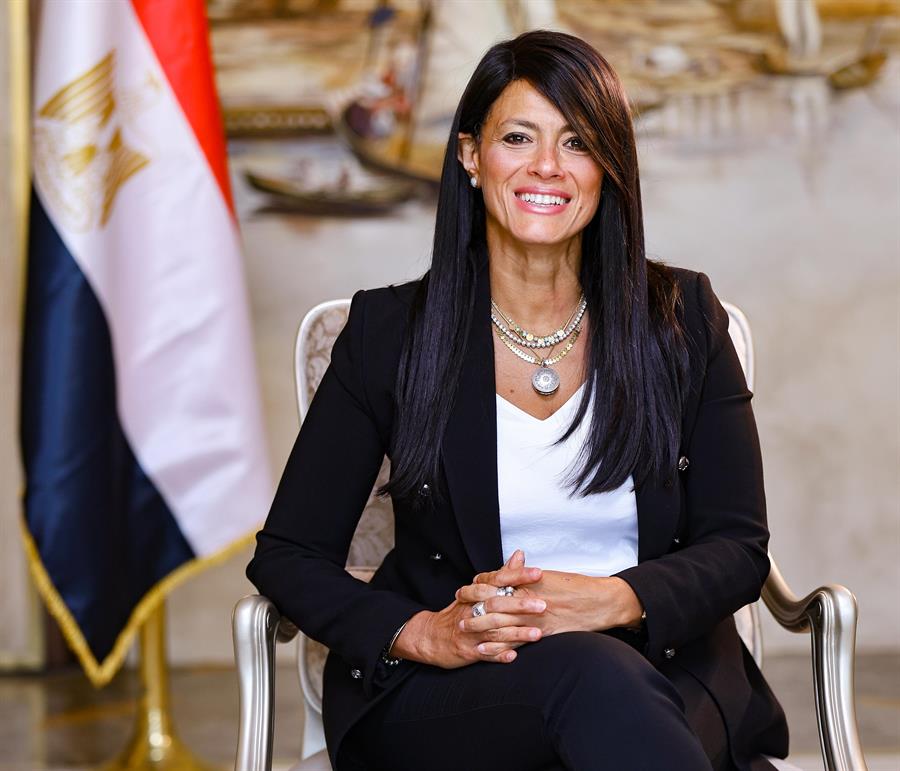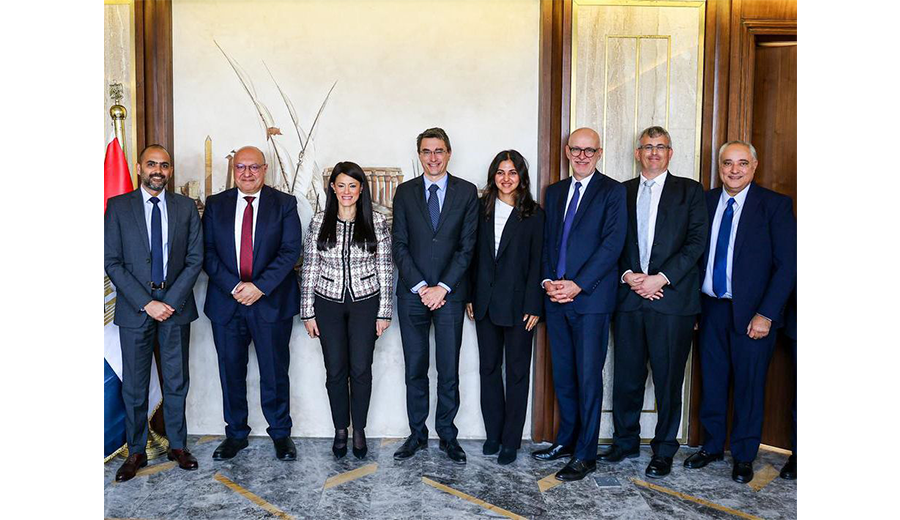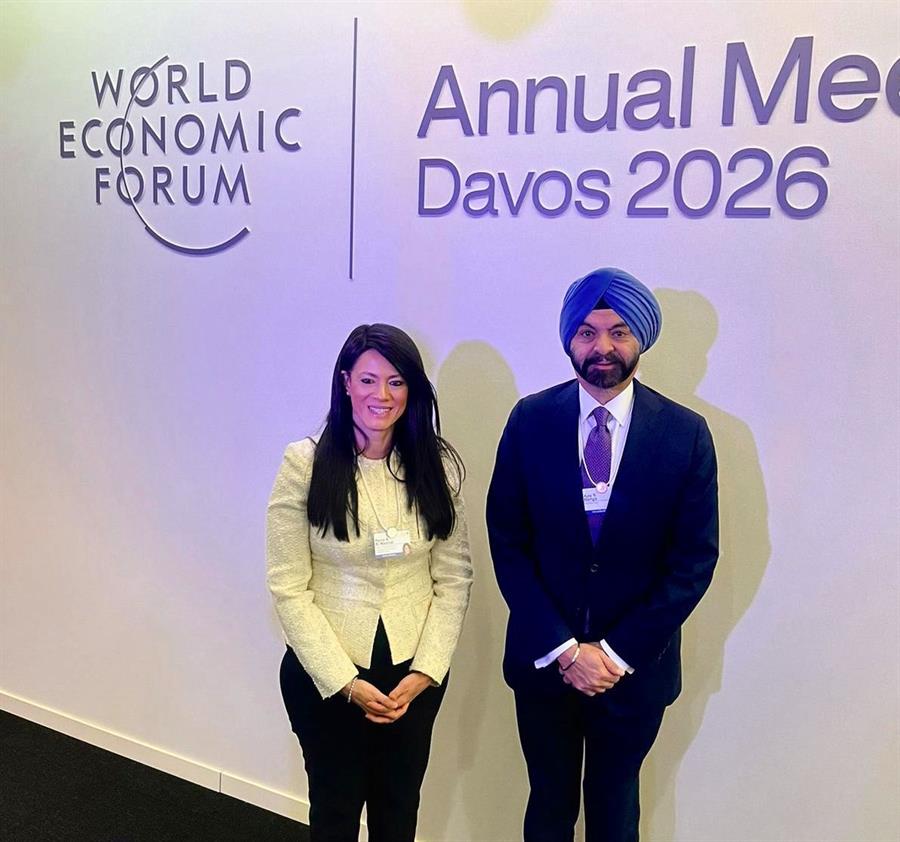During HLPF 2023 activities in NY:The Minister of Planning and Economic Development meets with the Saudi Minister of Economy and Planning to discuss mechanisms to enhance cooperation

21 July 2023
H.E. Dr. Hala El-Said, Minister of Planning and Economic Development, met with Mr. Faisal bin Fadel Al-Ibrahim, Saudi Minister of Economy and Planning, to discuss mechanisms to enhance future cooperation.
This is on the sidelines of its participation in the High-Level Political Forum for Sustainable Development (HLPF) 2023, which is being held in New York under the slogan "Accelerating recovery from the Covid-19 and fully implementing the 2030 Agenda for Sustainable Development at all levels" during the period from 10-19 July
The meeting witnessed the presence of Dr. Ahmed Kamali, Deputy Minister of Planning, Dr. Mona Essam, Assistant Minister of Planning for Sustainable Development, Ms. Alia Khaled, Senior Policy Analyst at the Sustainable Development Unit at the Ministry of Planning, and members of the Egyptian mission to the United Nations.
During the meeting, Dr. Hala El-Said stressed keenness to consolidate relations between the Egyptian and Saudi business communities, and to strengthen economic relations between the two countries in various fields, especially commercial, industrial, and investment, pointing to the importance of the strategic partnership and the continuation of the cooperation process within the framework of the privacy and growing fruitful cooperation relations between Egypt and Saudi Arabia.
El-Said reviewed the work files of the Ministry of Planning and Economic Development and its affiliated bodies, the most prominent initiatives and efforts made by the ministry, and the ministry’s role in preparing long, medium, and short-term sustainable development plans, formulating Egypt’s Vision 2030, and following up on the implementation of the UN’s sustainable development goals.
El-Said also drew attention to the ministry's efforts to follow up the implementation of many initiatives, including the presidential initiative, A decent life, which represents an unprecedented initiative in the world, as well as the national initiative for smart green projects, in addition to the ministry's efforts to issue the human development report.
El-Said referred to the issuance in recent years of a package of laws, legislation, and institutional reforms in Egypt to simplify project-setting procedures. She also encouraged the private sector and domestic and foreign investment.
El-Said stressed the importance of stimulating partnership mechanisms with the private sector, civil society, and development partners to enhance development financing.
For his part, Mr. Faisal bin Fadel Al-Ibrahim, the Saudi Minister of Economy and Planning, confirmed that Egypt and Saudi Arabia have historical relations and are united by brotherhood, Arabism, and neighborly relations. He expressed his aspiration to visit Egypt soon to present the proposed areas for future cooperation between the two countries.









